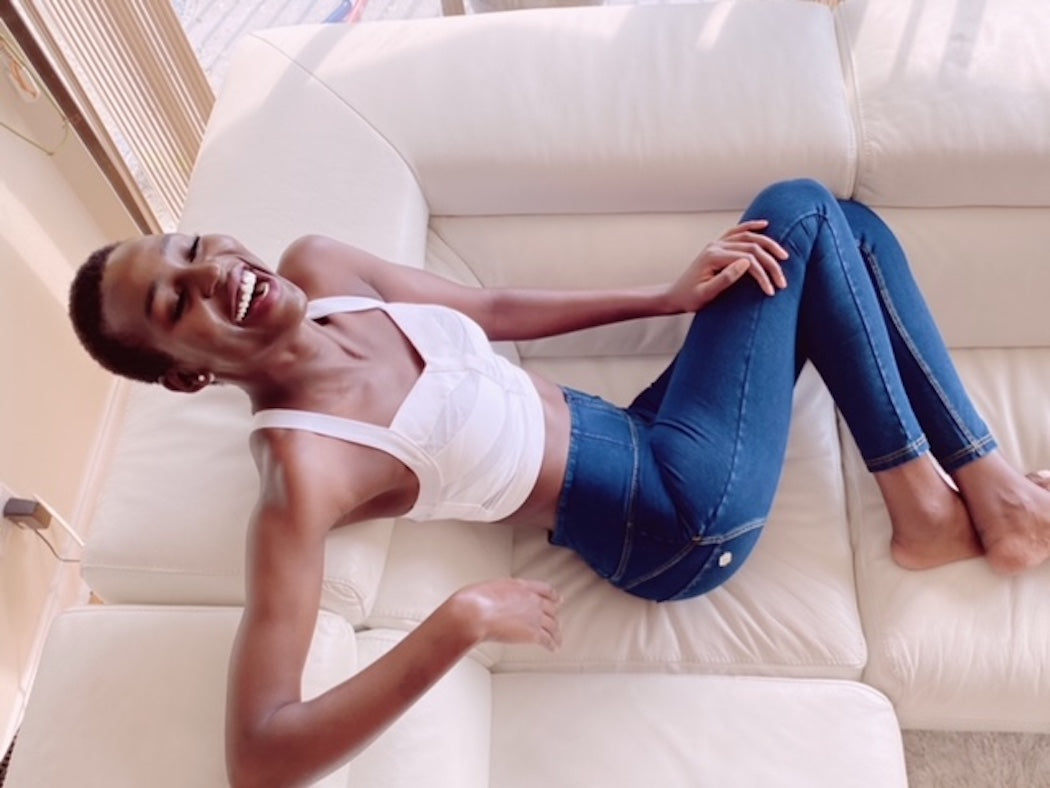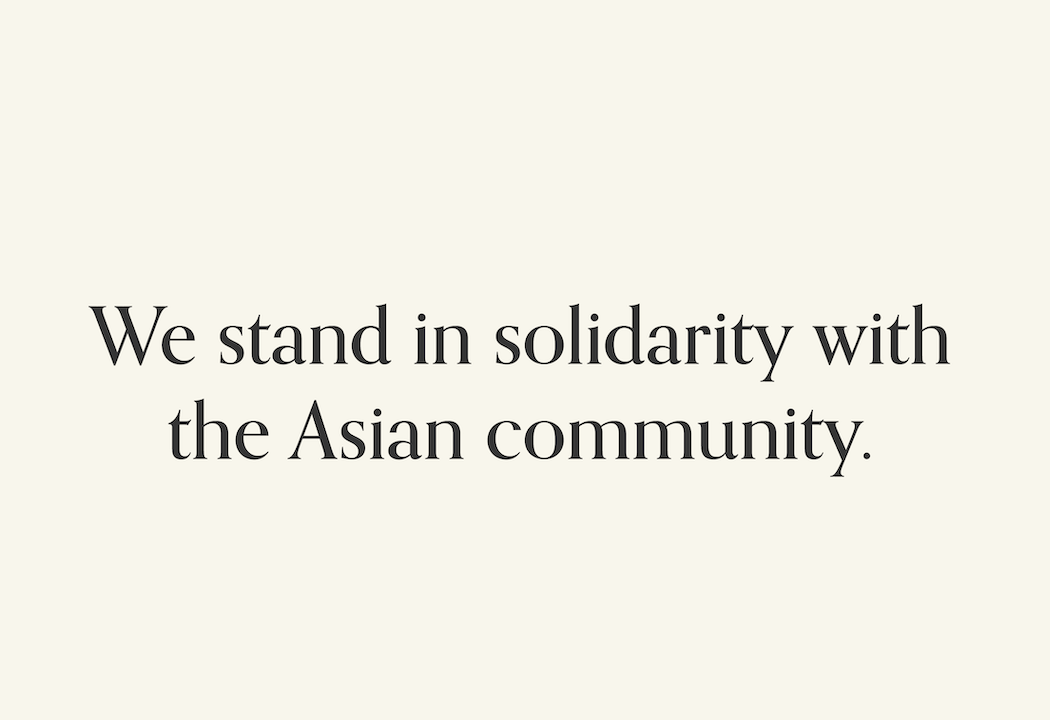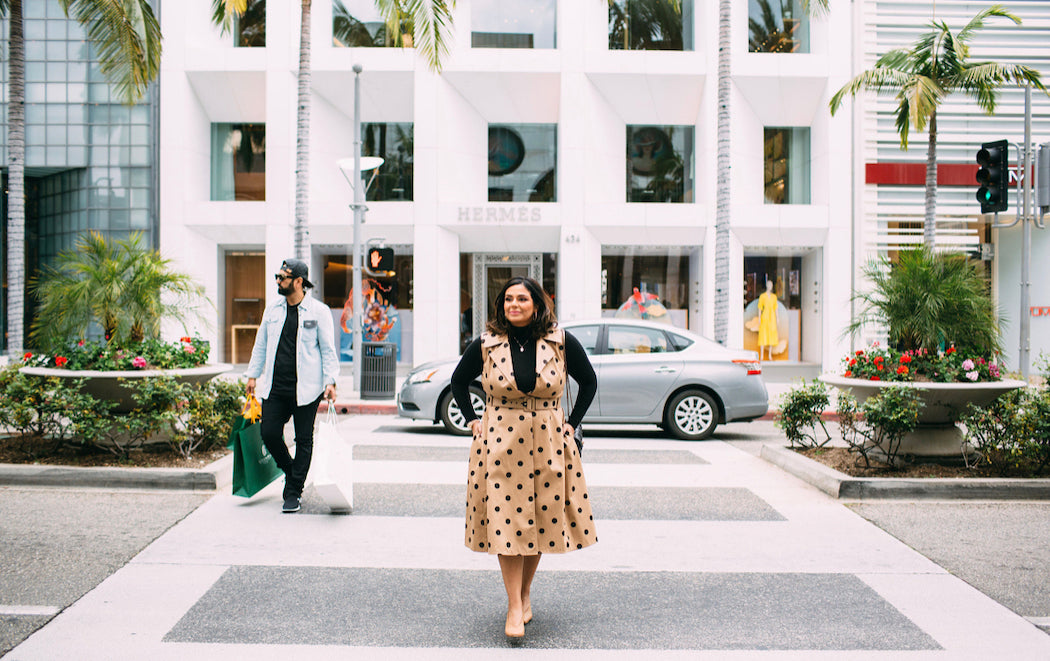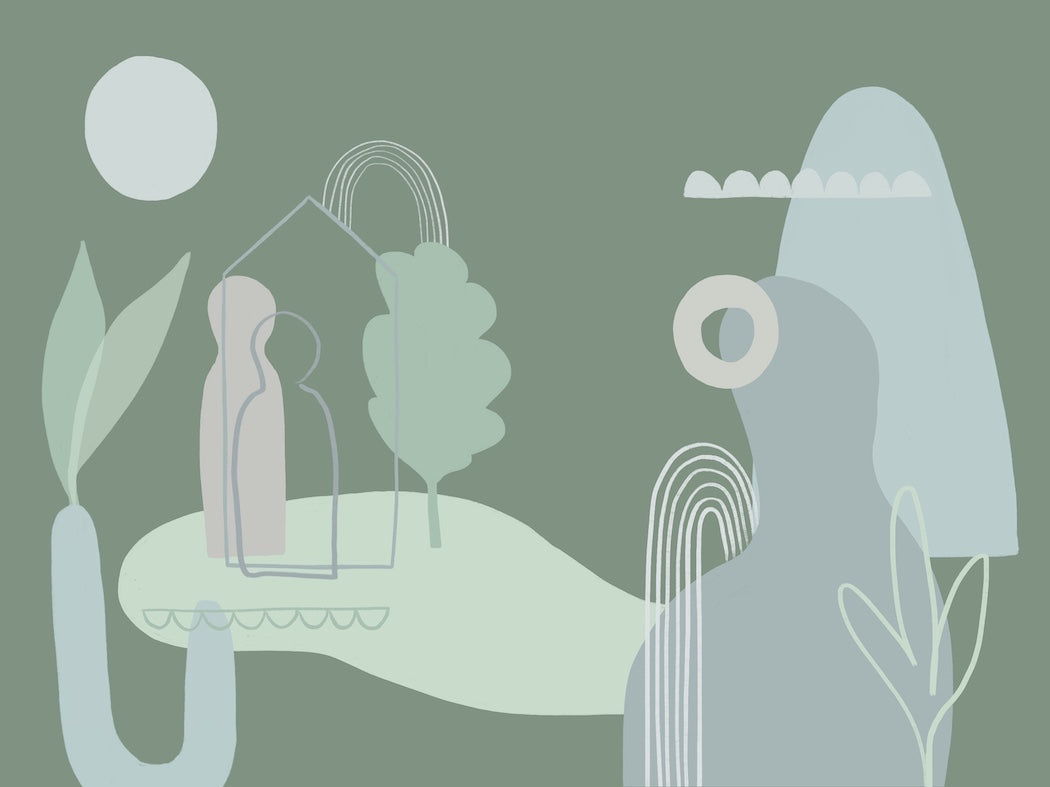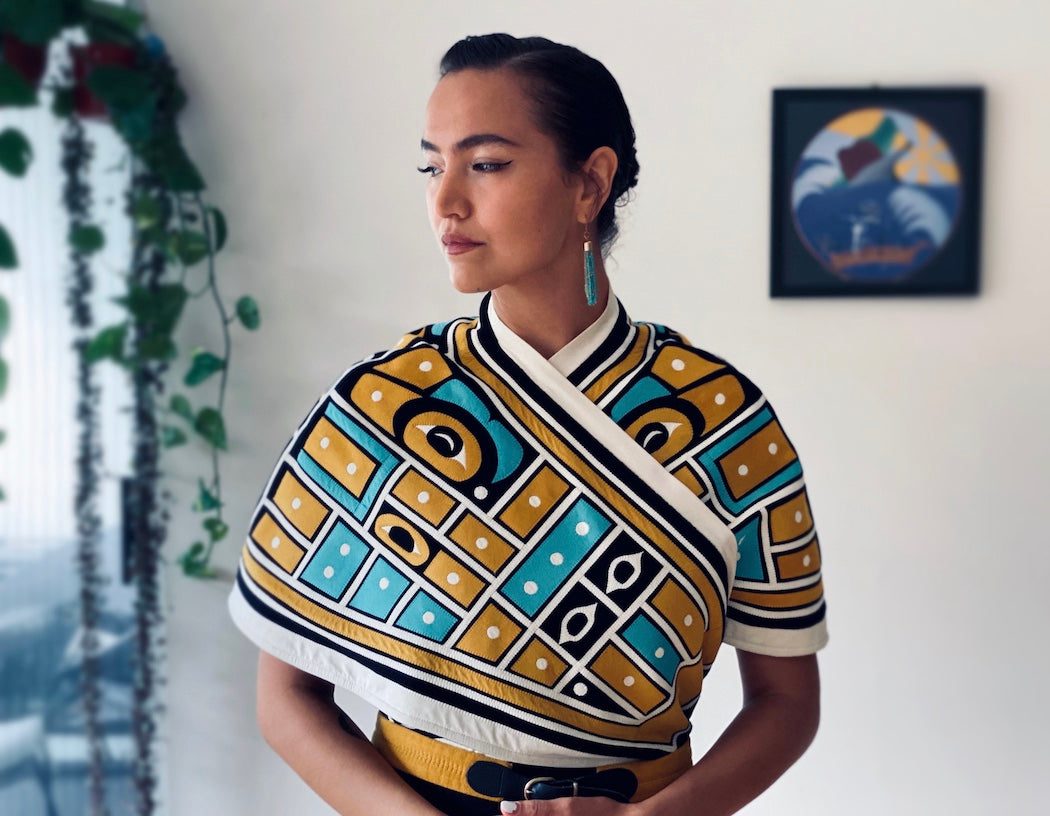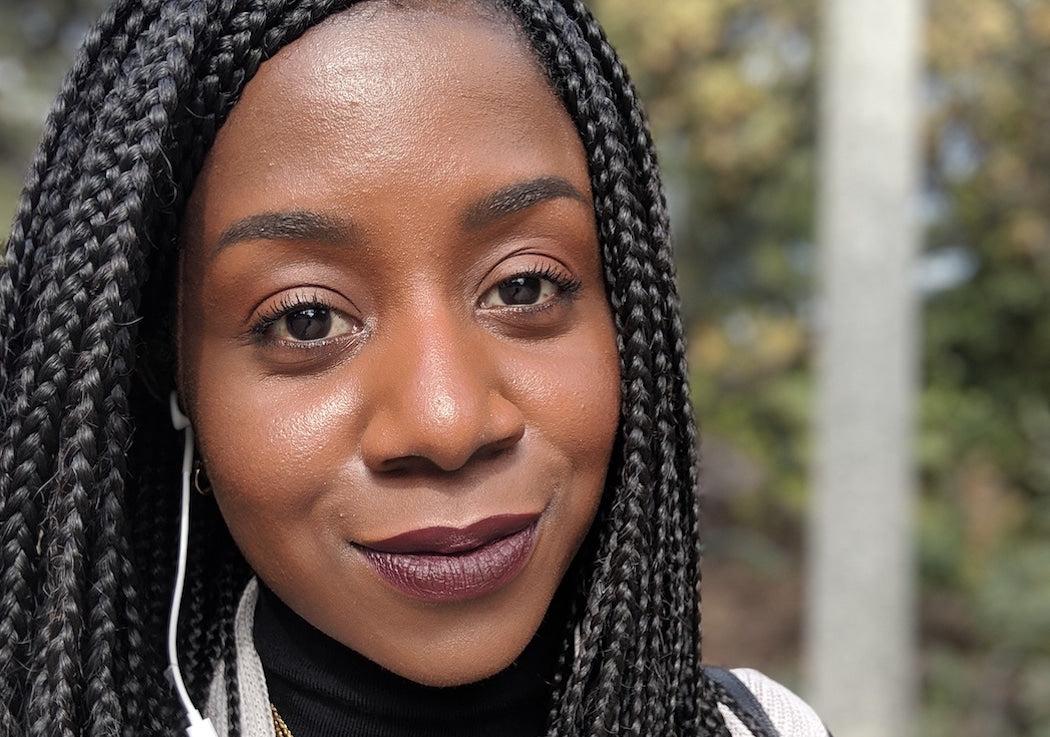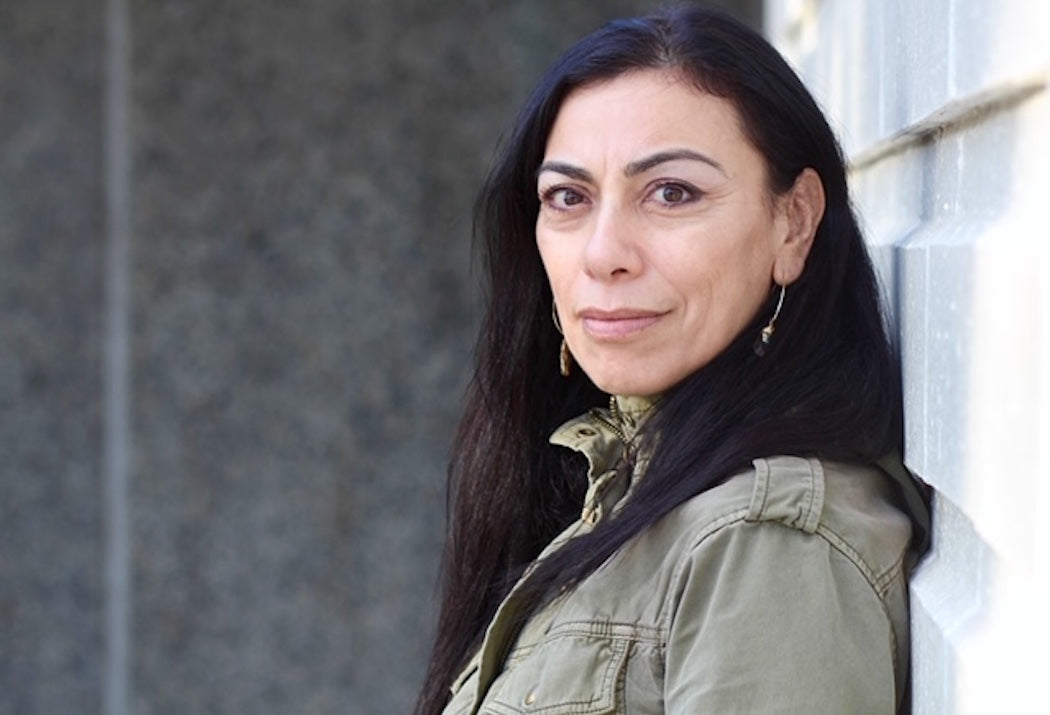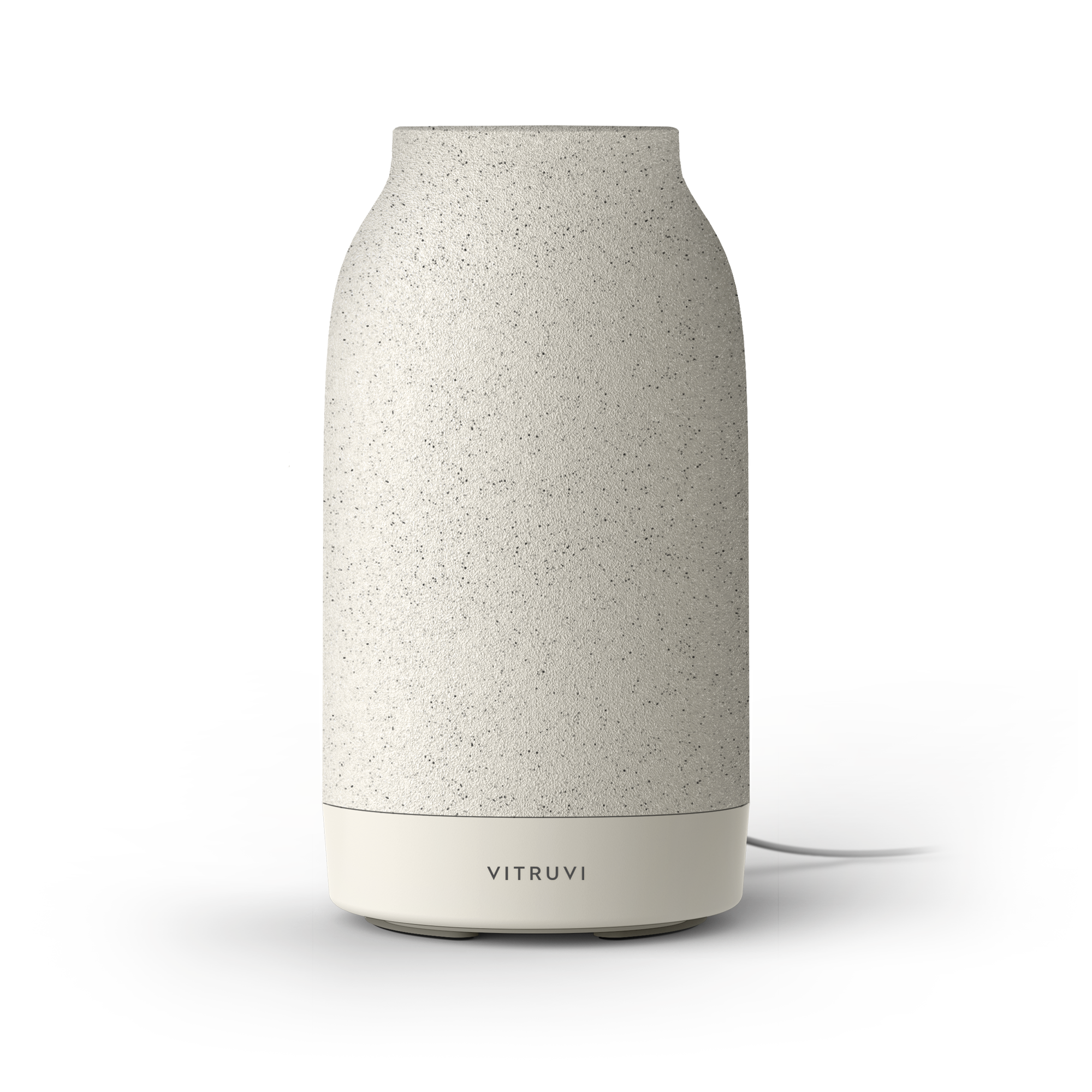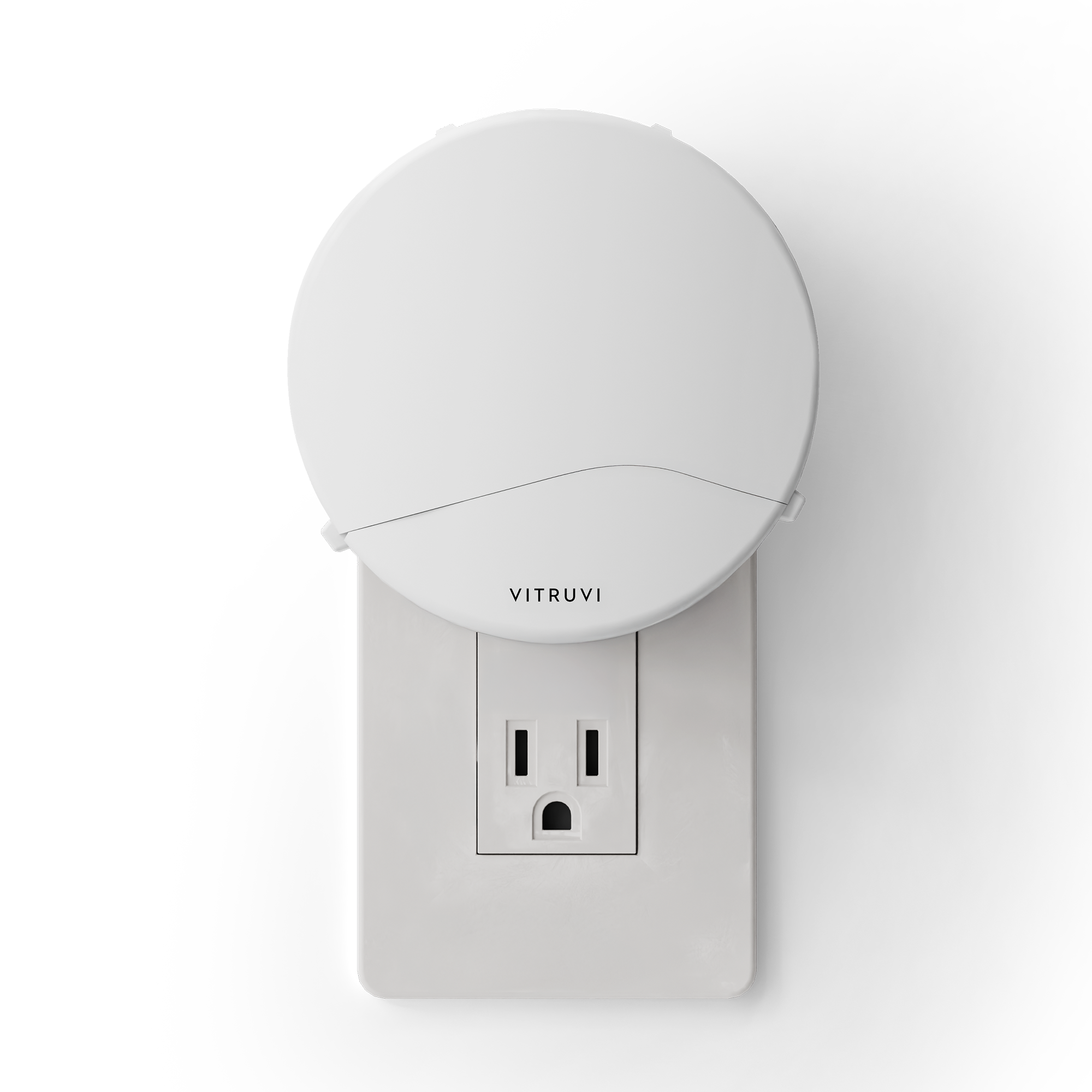When I chat with Nova Stevens, it’s two weeks before the Miss Universe Canada pageant, and she’s getting ready to fly to Toronto for her third go at the crown.
“I’m hoping the third time’s the charm,” she says via video with a smile. Her third time was definitely the charm. On Nov. 24, Stevens claimed the title—a win for her, and for the legions of young Black girls she hopes to inspire.
“The first time, I didn’t really know what I was doing,” she says of her earlier Miss Universe Canada pageants. “I went back for the second time in 2018, and at that time I decided to just have my natural hair. It was important for me to represent myself authentically; straight hair is beautiful, so are loose curls, but so is my natural hair. I wanted to showcase to other girls that looked like me that you don’t have to comply with societal standards of beauty to be considered beautiful. You can represent yourself and win a beauty pageant. I didn’t do it last time, but I’m hoping I can do it this time.”
With her 2020 win, she offers a message of hope: maybe our beauty standards really are changing for the better. All skin is beautiful. All hair is beautiful. All bodies are beautiful. It’s frustrating that we’re still having to say this, that it isn’t just a given. But Stevens’ win is a step in the right direction—a step that won’t soon be forgotten.
Born in war-torn South Sudan, Stevens was sent to Canada by herself when she was just six years old. She lived with a cousin’s family in Alberta for a few years, but when she was 15 she moved out on her own with the help of a provincial youth transition program. “You have your own apartment, you have an allowance each month and you have to pay your rent from that allowance,” she explains. “I learned a lot.” When she graduated, she became a manager of the program—eager to give back to a community that gave so much to her.
“I’m just so grateful because Canada really took care of me,” Steven says. “Had it not been for Canada and the amazing Canadians that I came across, like my coaches in high school who I still talk to, my principals—I don’t think I’d be who I am or where I am today. It really does take a village, and I think I’m a testament to that.”
Now based in Vancouver, she works as a model and has become increasingly vocal about anti-racism, co-founding Freedom March Vancouver with fellow activist Shamika Mitchell. She hopes to use the pageant to shine a light on this work. “I think that people have a misconception about what pageants are. They actually do empower women,” Stevens asserts. “The platform of Miss Universe Canada would allow me to do the work I’m already doing for Black Lives Matter and all the other causes that I believe in.”
Seeing the throngs of people that showed up to march with her over the summer was powerful. “It gave me a lot of hope,” she says. “At times you feel like you’re fighting alone or that your issues don’t matter to others because they can’t identify for whatever reason, but I feel like we should all be able to identify—because at the end of the day, we are all human.”

Aside from fighting for Black lives around the world, on a more personal level, Stevens is also fighting for her own family. Her mother is currently living in a UN refugee camp in South Sudan, and she is actively trying to get her to Canada; her father and siblings, meanwhile, are in Ethiopia. Most of the money she makes gets sent back to them, leaving little time and space for her own self-care. Resilient and determined, she carries on without an ounce of resentment.
“I learned not to dwell on things that I can’t change. Obviously having no family here is difficult, but me sulking about it is not going to make my situation any better. So that’s why I always consider myself a glass half-full kind of person,” Stevens reflects. “I think positivity does more for you than being negative. It’s been difficult. I always wondered how different my life would be had I lived with my parents, or how different my life would be if I had lived in Africa instead of in Canada. Would I be alive?”
It’s a jarring question, but not ridiculous one. Stevens was dealt a unique and challenging hand, and she’s undoubtedly played it to its full potential—not that her deck is anywhere near empty. And if my 30 minutes chatting with her are any indication, we’ve barely grazed the surface of what she’s capable of.
“A quote by Melinda Gates always stood out to me, and it was: ‘A woman with a voice is by definition a strong woman.’ I really stand by that and I’ve always lived towards those words,” says Stevens. “I always tell people that your voice is the most powerful thing you possess. We all have that power; it’s stronger than any weapon. We just have to use it.”

